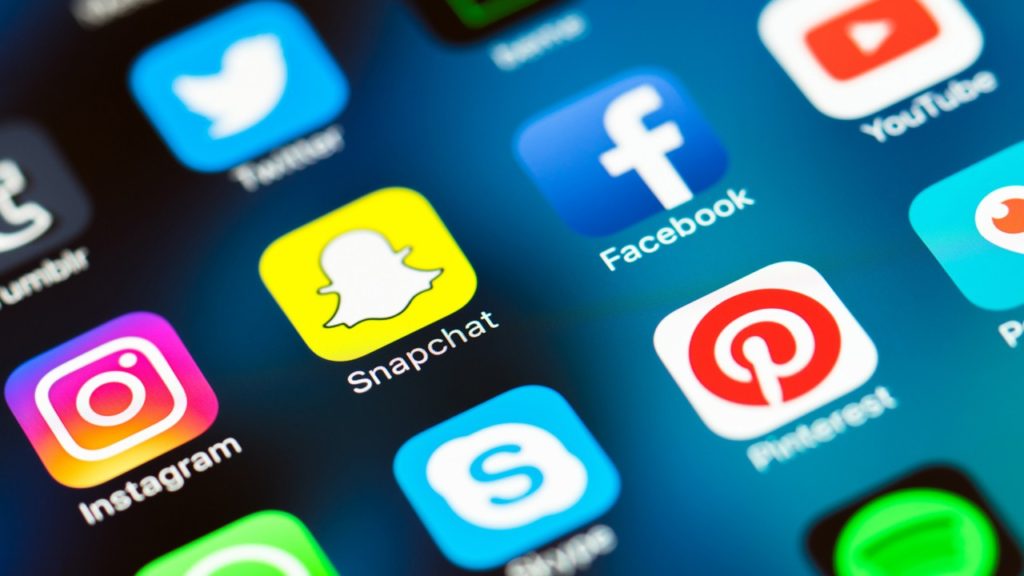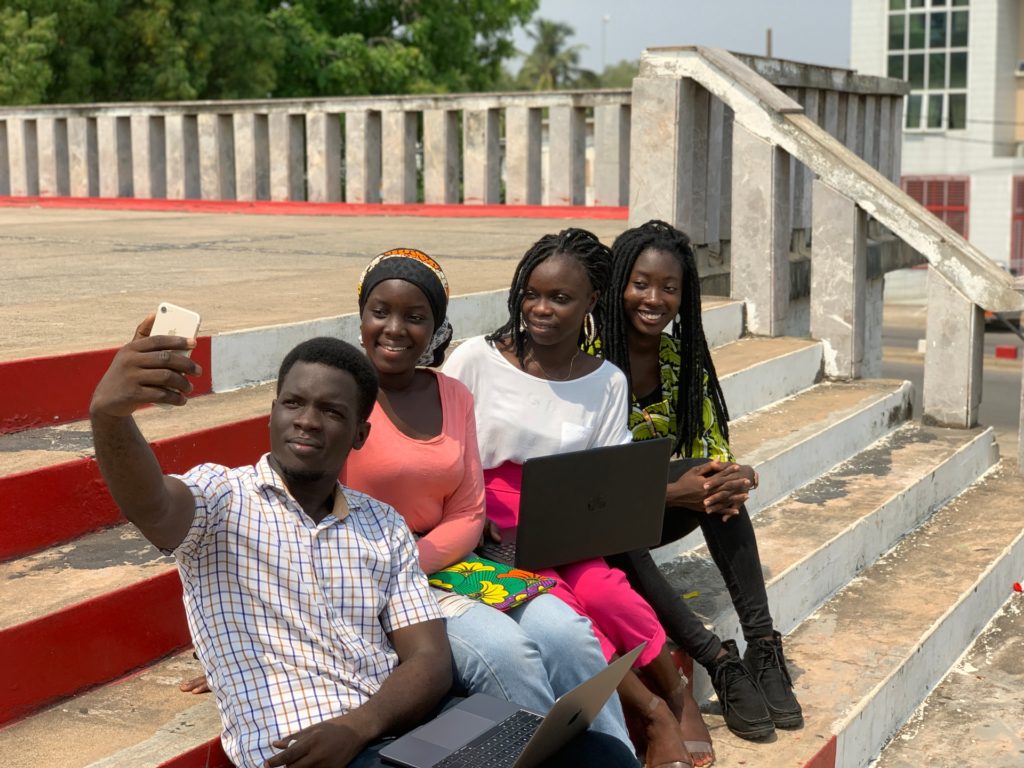By Adeyemo Eyitayo
“Bimpe! come and check her Instagram page, Jennifer just bought a Mercedes Benz. God when o..”
Shortly after, Sandra is looking for any means to buy a car worth a century of her life’s savings. Most young people pass through this phase as they journey through the hurdles of social media life. There is a positive and negative side to social media. Developing communication skills, networking, career optimization, sharing thoughts and ideas, learning new things, and making new friends are some of the benefits of social media. However, there is also an adverse effect in the use of it.
Today, the majority of teens and youths are being infected with the social media illness of FOMO, Fear of Missing Out. It is a syndrome that embraces habits such as eagerness to share on social media feeds what is trending and wanting the public to know that they are active.
Some aspects of social media that contribute to depression are friends or people within the same age group as themselves updating status, pictures of friends enjoying themselves, and flaunting their material wealth. All the aforementioned can make the young user feel worse about themselves, leading to a negative self-image.
Young people now measure their self-worth by what others think and what they see on social media. They are often pressured into creating a false image of what they are not in an attempt to be accepted or to show they aren’t left out, hence, making “borrow pose” the order of the day. They go as far as stealing personal items including clothing, hair, cars, phones, etc just to impress the public.

Low self-esteem is another side effect of social media usage. It has shaped the emotions of teens and youths. For instance, most girls who spend time on social apps and see the perfect bodies of their friends or celebrities may end up not being confident about their bodies. As a result, they become more vulnerable to peer pressure, cyberbullying, sexting, hookups, explicit images shared without consent, and illegal ways to get cosmetic surgery done.
Furthermore, addiction, lack of concentration, sleep deprivation, communication issues, spending more time on social media than real-world people, going against moral decadence to gain social media fame are also some negative impacts of social media use.
A female student of Unilag shared her thoughts. I don’t believe social media can affect you negatively if you don’t already have negative thoughts about yourself. We want to fast track our lives … get money, money, money, recognition … I like to think I have a good reason for thinking this way but for most people they’re just in a hurry.”
“Social Media has actually helped people with communication. People can communicate with their loved ones but it is now corrupt with lots of crazy things there. People, especially teens, believe anything they see on social media and might want to act on it. Instagram has taken our girls, they feel anything that’s on Instagram is real. They don’t even know what’s real and what’s fake. It’s obviously going to mess with their mental health,” another student said.
“Number 1 effect is making you feel less of yourself. It’s on social media you see your peers who are living fake lives post, then you feel ‘oppressed’… Boom! You are seeking glory and fame in the so-called happening lifestyles, before you know it, mental health ti accident,” an undergraduate student said.

Here are some tips for managing social media use according to National Center for Health Research;
Pick a time at night after which you will not check your phone, and if possible, recharge your phone in another room while you sleep.
Choose one day a week where you take a day off from social media and focus on other things.
Set boundaries or allow only certain times when you can check your notifications.
Take a break from apps that you notice contribute to unhealthy body image or feelings of inadequacy. Instead, you can try apps meant to help you feel better about yourself, such as meditation apps.
Use apps that block certain other apps and tell you about your usage. This will help to increase your awareness of how much you are engaging with social media and help you focus on other activities.
Make a plan with a group of friends to spend more time hanging out in person and less time interacting via social media.









Nice
Nice!
Interesting
Deep & Insightful